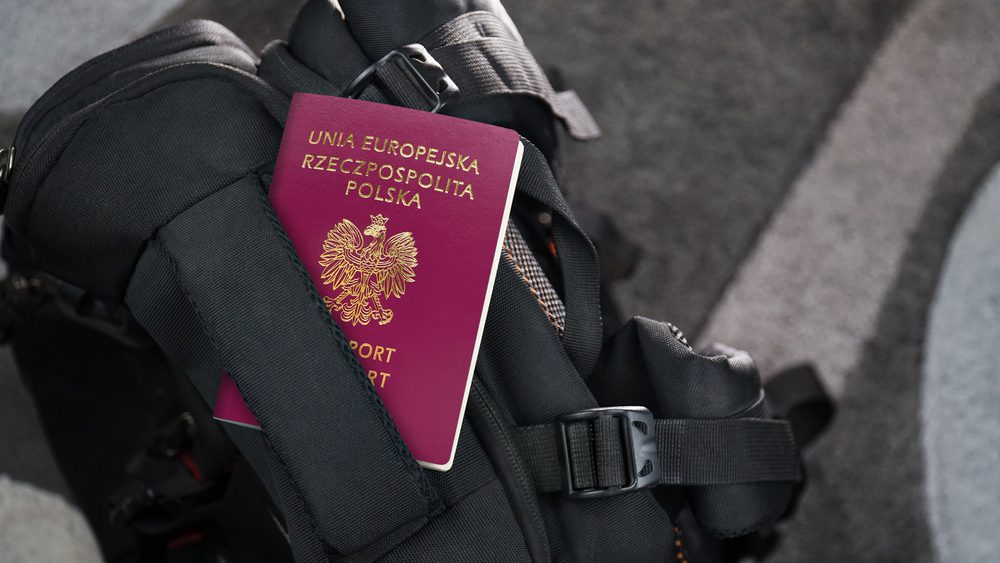
A revamp of the visa process in Poland could contribute to over 400,000 non-EU immigrants taking up residency there on an annual basis, after the Polish government streamlined the procedures for non-EU nationals’ visa applications.
Under the new system, applicants can apply for visas to live and work in Poland directly at the Polish Ministry for Foreign Affairs instead of their nearest Polish consulate. The aim of the move is to reduce a bureaucratic logjam crippling the visa system. The changes will only apply to select non-EU nations such as Nigeria, India, Turkey, as well as many Middle Eastern and former USSR countries, excluding Russia.
Previously, non-EU nationals could only apply for a visa through the Polish consular services in their home countries. The application process typically involved submitting required documentation, such as a job offer or work contract, proof of financial stability, and a valid passport, along with completing the necessary forms and paying the relevant fees.
The impact of the reforms has been downplayed by conservative think-tank Ordo Iuris who said that the move is just a streamlined process rather than specific visa liberalisation. According to Przemysław Pietrzak, an analyst with Ordo Iuris, the government is attempting to address the growing cost of administering the visa system, preferring to simplify the process—not the criteria—for issuing new visas.
The new regulation takes effect immediately despite an ongoing standoff between Warsaw and the EU regarding the imposition of mandatory refugee quotas from Brussels. The Polish government has been insisting that they have a right to decide who enters the country.
These attempts to reform the visa procedure could be complicated by news that Belarus—having expanded visa-free entry to now 73 non-EU countries—could attempt to weaponise migration on Poland’s eastern frontier.
The Polish government is responding to acute labour shortages in manual industries such as construction, not helped by a relative lack of male Ukrainian workers. It is estimated that Poland has accepted approximately 1.5 million Ukrainian refugees since early last year, with hopes that some will prop up the Polish healthcare system.
Even before the war, Poland was seeing the beginnings of a migration surge as it issued a total of 790,000 worker permits in 2021, the highest in the EU, primarily to migrants from Eastern Europe and Central Asia.
